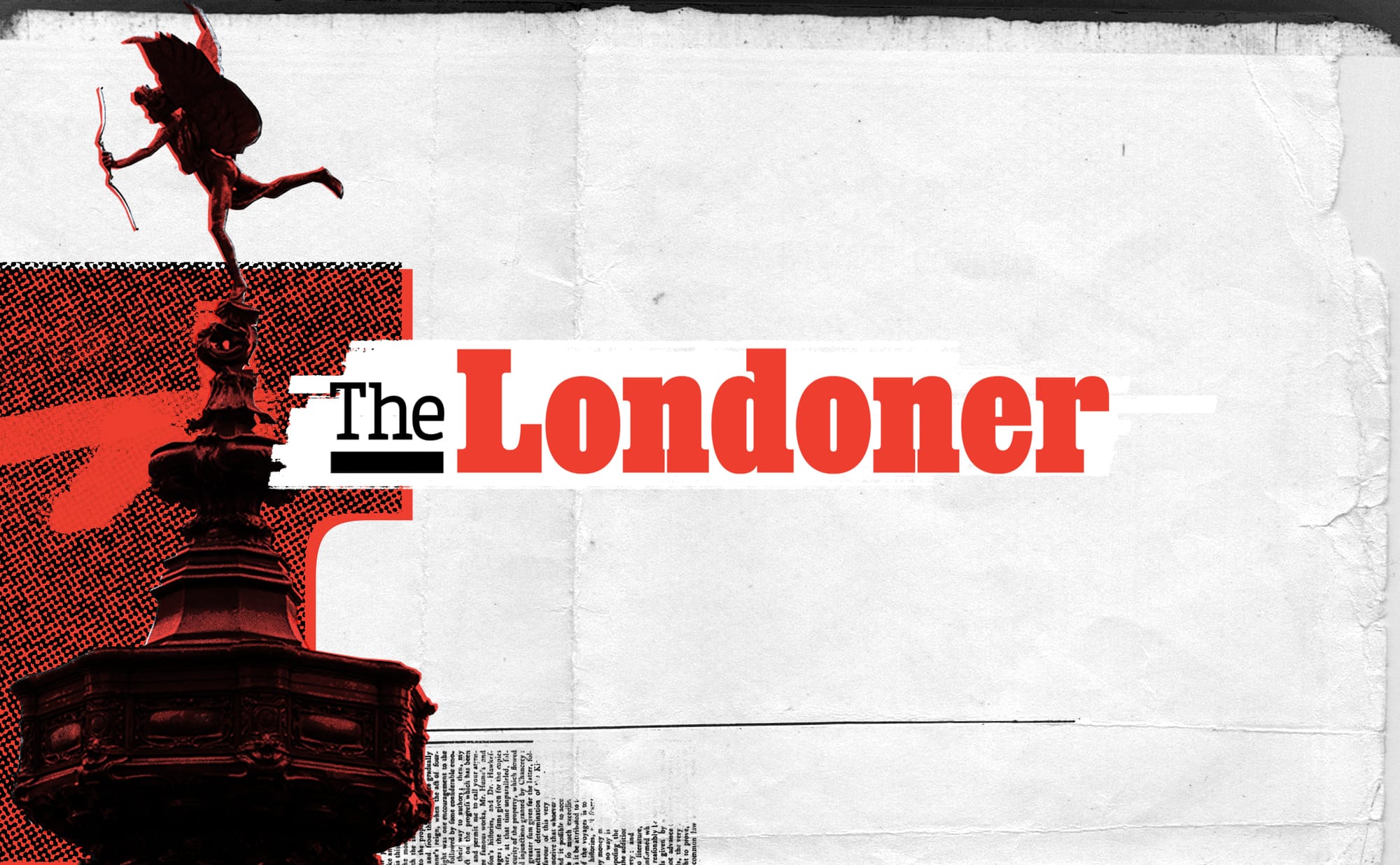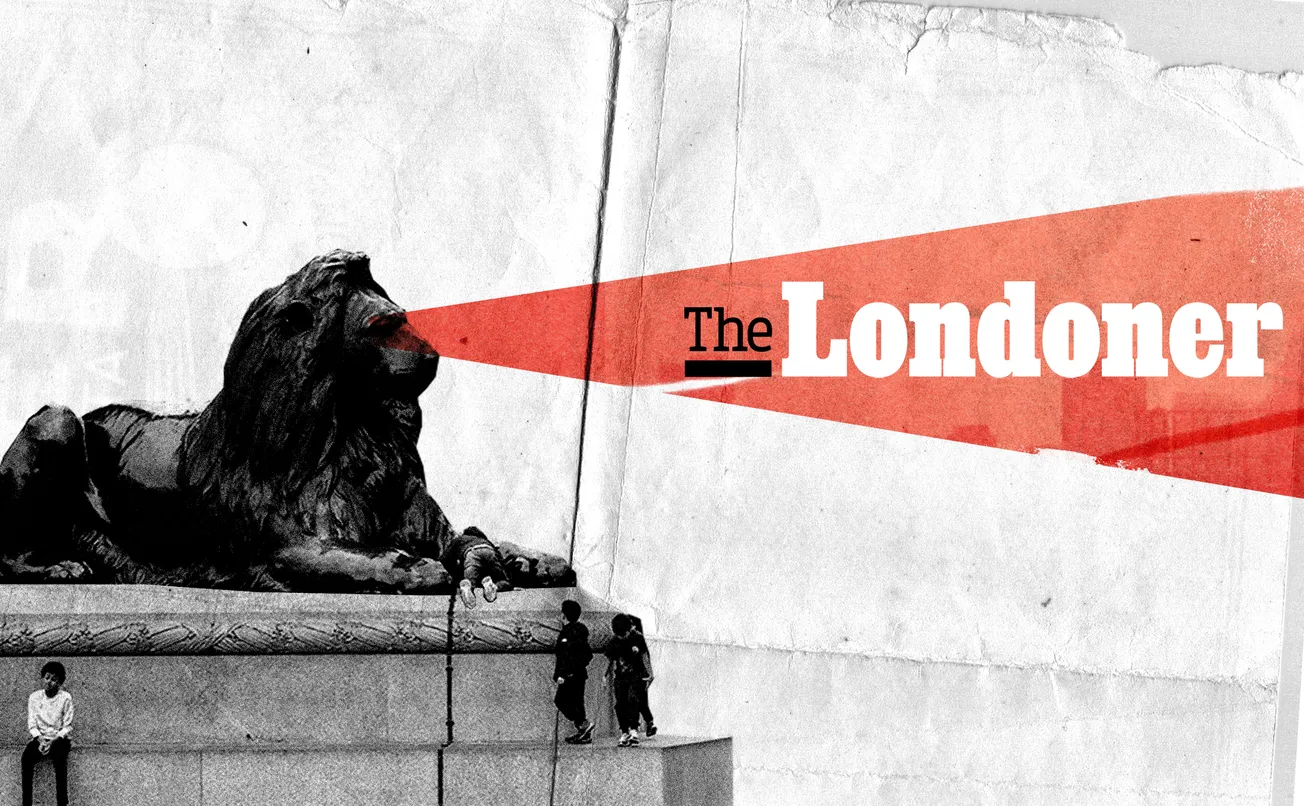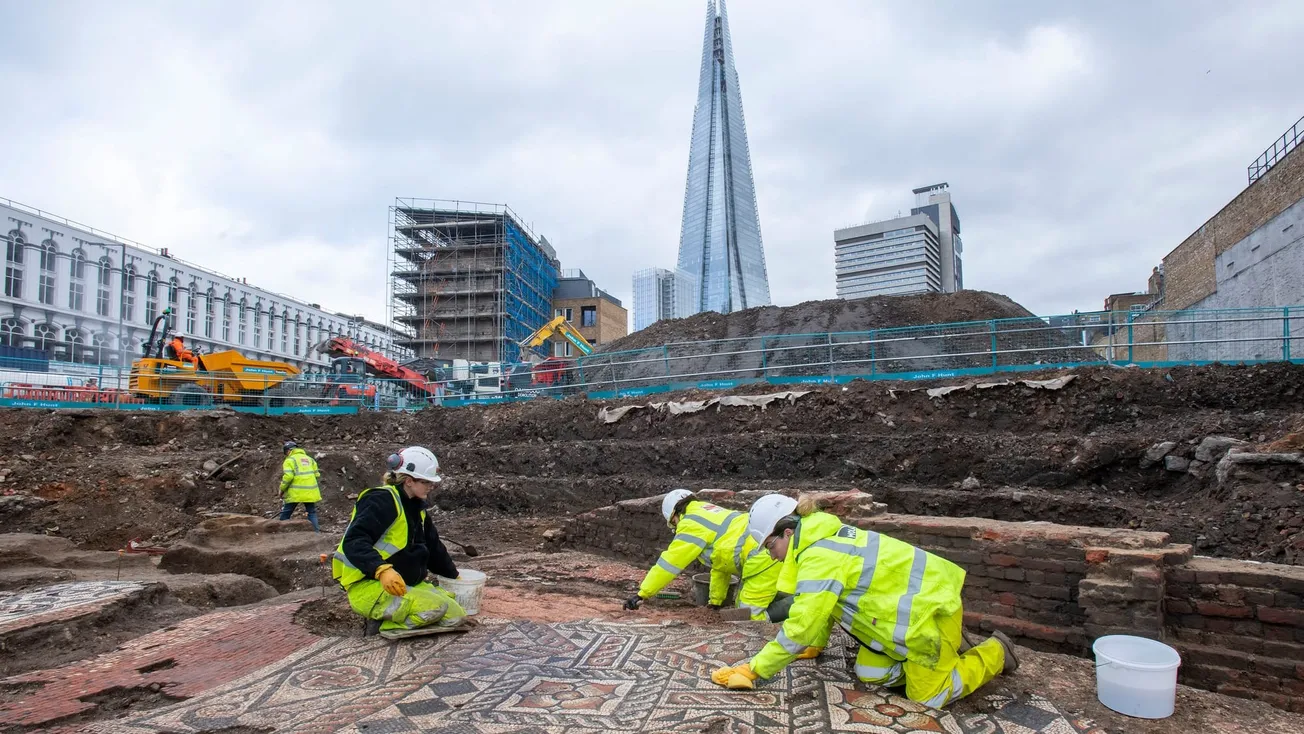Dear Londoners – thanks for being among the very first readers on our mailing list. One day, you will be hailed as the sage early adopters of a storied and glamorous media brand that swept all before it. For now, you will be like the harassed converts of a struggling suburban cult — nagged to press the “share via WhatsApp” button on every email, begged to spread the word among your friends.
The Londoner is off to a sensational start. Andrew’s scoop on Monday about the Labour MP for Ilford South Jas Athwal – revealed to be the landlord of a terrible children’s home that is operated by a friend of his – attracted so much buzz that by lunchtime on our launch day, even the prime minister had seen it. Since then, the story has been covered by the Times, the Sun, Politico, the Big Issue and Guido Fawkes, and has been shared thousands of times on X. Various potential sources have been in touch since we published, so we’re hoping to shed more light on Athwal soon (please email Andrew if you know anything).
I've just signed up to @_TheLondoner and so should you. Local - and reputable - journalism has never mattered more. pic.twitter.com/YNhVbChybn
— Matt Capon (@MattLCapon) October 29, 2024
I decided to launch The Londoner in the spring, around four years after I had founded The Mill in Manchester. Our model — reader-funded local journalism led by narrative long reads and old-fashioned reporting, published directly to you via email — had been well received in four cities already. We’d raised money from a small group of investors – including the former BBC and New York Times boss Mark Thompson and the leading economist Diane Coyle – to expand further afield.
And suddenly London felt right to me. The Evening Standard, my former employer, was clearly waning. The mayoral election featured outlandish claims about London’s descent into nightmarish criminality that no newspaper seemed to feel it was their mission to scrutinise. Around the same time, a journalist friend sent me a link to a story in a US magazine about a powerful figure in New York – the kind of rich, probing profile that American magazines do so well. “Who would publish this in London?” he asked.
My idea went down… badly. Sophie Atkinson, our reliably candid senior editor and my longtime companion on this journey, said: “London already has all the nice things”. My girlfriend thought it was too early for a tiny company with ten employees to attempt an ambitious march south. One of our main investors feared that reporters on Fleet Street would switch from extending us incredible goodwill to suddenly seeing us as competition.

But the doubters have been converted and six months later, here we are. We have assembled a talented team of staff writers: Andrew, Hannah and Miles, the successful survivors of a gruelling summer-long 275-applicant hiring process. Long reads are tumbling into my inbox from a dazzling list of freelance journalists. Our website — designed by branding and development supremos Jenny Miles and Magnus Helander — is very pretty. We’re ready to roll.
For me, starting a London publication is something of a professional homecoming. I started my career on the Evening Standard in 2011 — first as an intern on the letters desk and then for four years writing features. It had recently been taken over by Russian son-of-an-oligarch Evgeny Lebedev, whose ownership breathed new life into the title by making it a more upbeat freesheet, featuring fewer stories about stabbings and more coverage of which specific King’s Road nightclub was presently in favour with Prince Harry’s girlfriend’s mates.
It wasn’t for everyone — and it certainly wasn’t about everyone — but you couldn’t deny it had vigour and clout. We broke major political stories and ran impressive campaigns highlighting poverty in the capital. I was one of eight writers on the features desk, and there were dozens more on news and arts and books and sport.
One hell of an opening gambit from @millmediauk’s new @_TheLondoner. It’s going to be a lot of fun having proper local media in London. https://t.co/jNt6Xq99I6
— Iain Alexander (@iaingalexander) October 28, 2024
When I asked an old colleague last year how many feature writers the Standard still had on staff, the answer was one. In recent years, it has struggled to find a new business model in an age where people have machines in their hands that can store up hundreds of thirsty Instagram posts (and Guardian long reads, or whatever) for the moments you don’t have 4G.
The paper might have stood a better chance if Londoners felt that it was genuinely representing them – standing up for them - and producing essential journalism they couldn’t get anywhere else. But despite having a team of talented journalists, Lebedev increasingly steered the Standard towards his pet projects and obsessions, clearing the front page for fawning interviews with Jordan Peterson (“Peterson is, first and foremost, an intellectual,” the proprietor writes) as part of the Standard’s “Freedom of Speech” campaign and writing bizarre op-eds about his devotion to age-defying “biohacking”.
Great to see @millmediauk's heroic reboot of local journalism arrive in the capital. Huge good luck to all involved. https://t.co/HyBulXpml2
— Henry Wismayer (@henrywismayer) October 28, 2024
The Standard’s recent move to lay off a huge chunk of its staff and become a weekly magazine leaves London without a daily printed newspaper for the first time in over a century, and it leaves an obvious gap: who is going to cover the incredible drama and intrigue of one of the world’s great cities? Who is going to dig into the capital’s darkest corners and analyse its failing housing market?
It is my job to say: us, obviously! We are going to do those things, and much more. I really want The Londoner to be as varied and surprising as the city it covers; thoughtful, useful, moving, revelatory and entertaining. I’d love our readers to get the kind of quality writing and satisfying variety found in New York magazine, with a long read about politics one day and a feature about nightlife the next. If that sounds like your kind of thing, you’re in the right place.
But the task of covering London — a city of 9 million people — is best understood as a team endeavour. The gaps left by the economic collapse of print journalism in the past decade are being filled in interesting ways by a whole array of local newspapers, blogs and newsletters.

The ex-Guardian journalist Dave Hill has been covering London policy and politics on his enlightening On London site for years now. Local newspapers like the Camden New Journal and the independent hyperlocal weeklies produced by Social Spider (among others) are doing sterling work. Newsletters like London Spy, London Centric and London Minute are covering the capital from different angles with great energy and originality.
We’ll be linking to the best stories produced by all those journalists every week. Our job isn’t to pretend we can cover everything in this city on our own but to be your guide to which articles are worth reading, and which tickets are worth booking, and which bars are worth avoiding on a Friday night.
Of course, being a guide applies to our own reporting too – it means our journalism needs to take you to parts of London you might have no reason to go to. The kind of writing I like allows you as a reader to get to know people from neighbourhoods you don’t live in; to witness protests and board meetings that you didn’t attend. The Londoner will only be successful if it makes you feel more connected to the city you live in, because ultimately, that’s what I think local journalism is all about.
Our Jas Athwal story is in @thetimes today. 'Mould landlord' MP back in spotlight. Also being reported by @TheSun, @BigIssue, @POLITICOEurope and @GuidoFawkes. pic.twitter.com/d4VFhXnGTK
— The Londoner (@_TheLondoner) October 29, 2024
For now, everything we publish is free to read, and some of what we produce will always be free. But the mission of The Londoner is to be funded by our readers, instead of having to scrape the bottom of the clickbait barrel so many titles have fallen into. So if you like what we’re doing, please start saving up your pennies for when we turn on paid memberships.
And for now, go ahead and forward this email — or this link — to as many Londoners as you can. We massively appreciate your help.

Comments
How to comment:
If you are already a member,
click here to sign in
and leave a comment.
If you aren't a member,
sign up here
to be able to leave a comment.
To add your photo, click here to create a profile on Gravatar.







